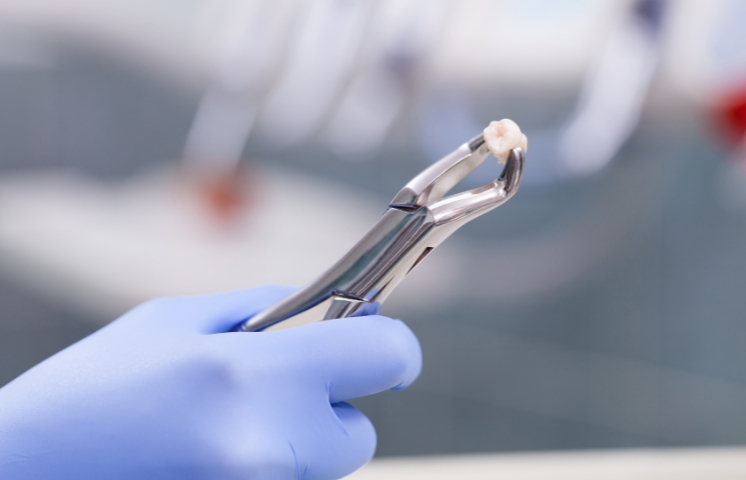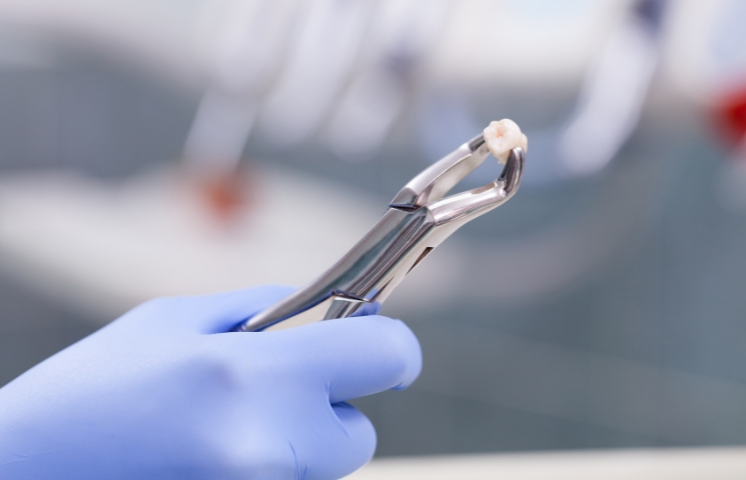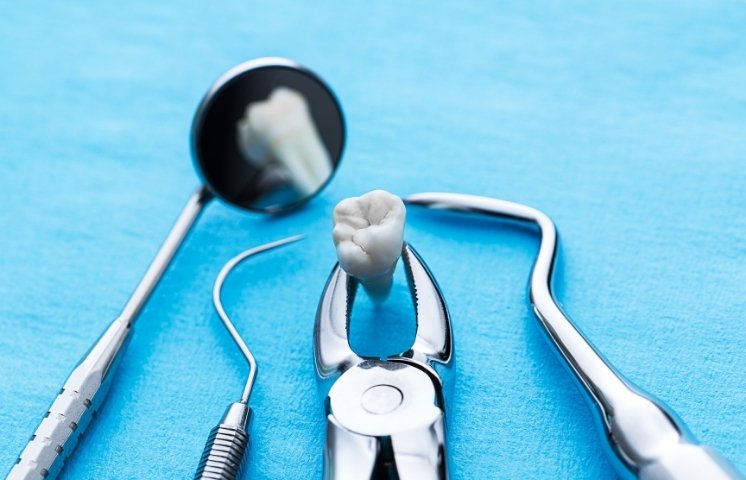
How Long Does It Take to Recover from Tooth Extraction?
The extraction of a tooth is intimidating. However, the reality is kinda different. It’s a routine dental procedure. Sometimes, you cannot avoid tooth extraction, whether it’s a stubborn wisdom tooth, a rotten molar, or overlapping teeth.
Now, the question can poke into your mind: how long does recovery from a tooth extraction take? It is to be stated that the recovery period can be vastly different. Some recover in no time. Contrarily, others take longer.
Types of Tooth Extractions
All tooth extractions are different. Simple extractions include visible teeth that dentists can readily access. In this scenario, your dentist loosens and removes the tooth with tools. It can cause a quicker recovery.
On the other hand, surgical extractions are more involved. Dentists consider them for impacted or fractured teeth. Generally, it involves incisions and potentially the removal of bone. These procedures usually require a longer recovery time.
The nature of the extraction determines the speed of your recovery. Your dentist will instruct you in the particular steps for recovery based on your treatment.
General Recovery Timeline
First 24 Hours:
You can expect bleeding, swelling, and possibly pain. Consider biting down on gauze. It will help manage bleeding. You can also use ice packs. This is because it can minimize swelling. Do not vigorously rinse your mouth.
2-3 Days Later:
The swelling will abate. Pain will significantly lessen. You can resume light activities. However, do not attempt strenuous ones. Consider practicing oral hygiene without aggravating the extraction area.
1 Week:
Stitches, if present, may be removed. You can expect significant healing of gum tissue. In addition, you can resume normal activities. Consider avoidig hard or crunchy foods.
2 Weeks and Later:
Keep in mind that complete recovery depends particularly on surgical extractions. It takes 2 to 3 weeks for most individuals to fully recover. Bone healing can last for months. However, you can expect the elimination of pain. Consider rgular dental follow-up. It will guarantee effective recovery after tooth extraction Buda.
Factors Influencing Recovery Time
Recovery time always varies from person to person. Age and general health are the most important factors. Healthy young people are likely to recover more quickly. The nature of the extraction is important. Surgical extractions take longer to heal.
You need to consider proper oral hygiene and good post-operative care. They have the ability to accelerate recovery. Furthermore, complications such as a dry socket or infection can slow recovery. Your dentist will give you individualized advice on recovering quickly and preventing problems.
Tips to Get a Smooth Recovery
You must listen to your dentist’s instructions as it is paramount for healing. Consider avoiding smoking and drinking from a straw after getting tooth extraction. This is because it can interfere with clotting. Eat soft foods such as yogurt, mashed potatoes, and soup. Consider taking over-the-counter pain relievers and antibiotics as directed by your dentist.
Call your dentist right away if you experience more pain, swelling, or bleeding. Taking care in advance and being cautious can work wonders in the healing process.
Warning Signs
Recovery from tooth extraction should not lead to severe pain and swelling. If you experience bleeding longer than one day, it is a warning sign. You must look out for infection warning signs like fever, pus, or a bad mouth taste.
If you feel like you’re having trouble breathing or swallowing, get immediate help from a dental professional. Remember, complications are uncommon but can occur. Regular check-ups with your dentist can significantly catch and treat problems early. Don’t ever hesitate to contact your dentist if something doesn’t seem right.
Consult our dentists if you’re facing an extraction or need post-operative care. Book an appointment with our dentists if needed. Proper care can turn a daunting tooth extraction into a manageable experience.


